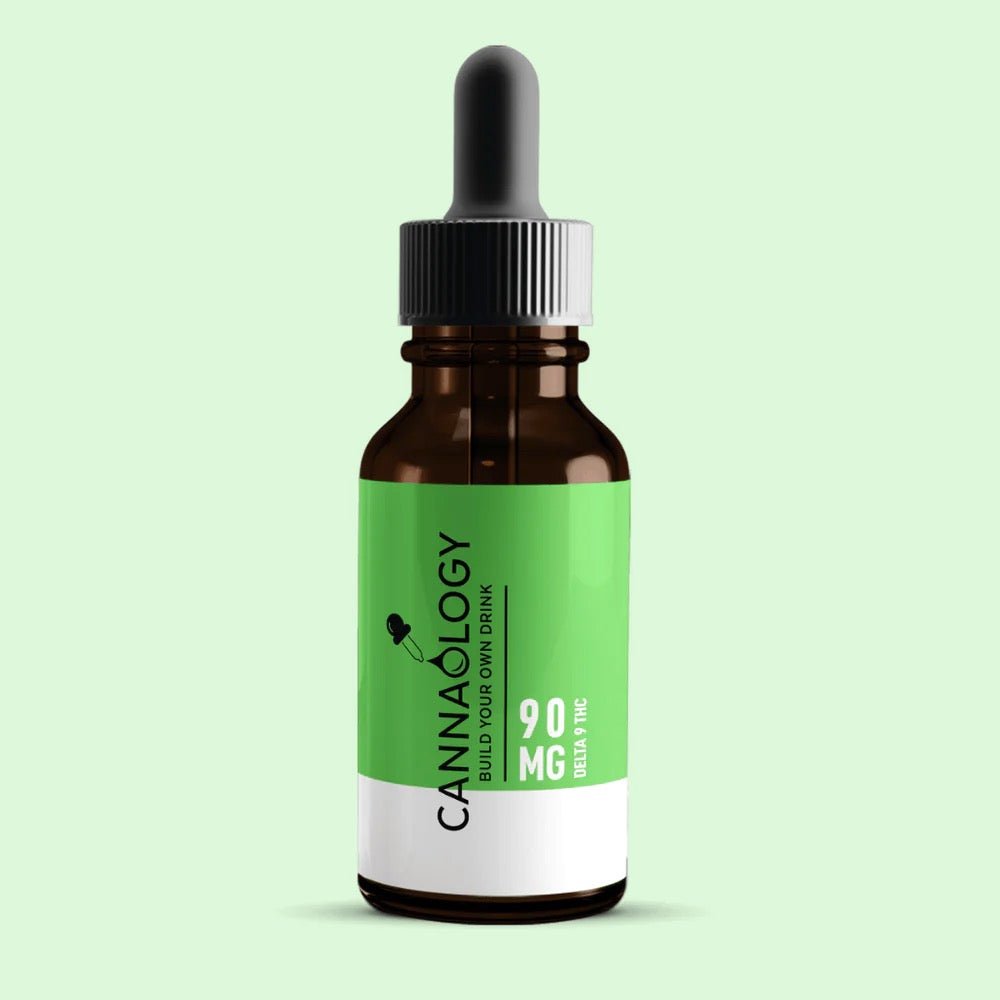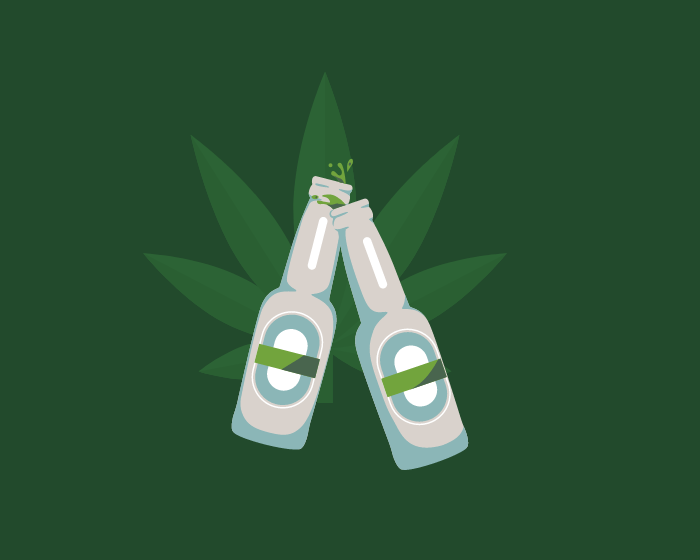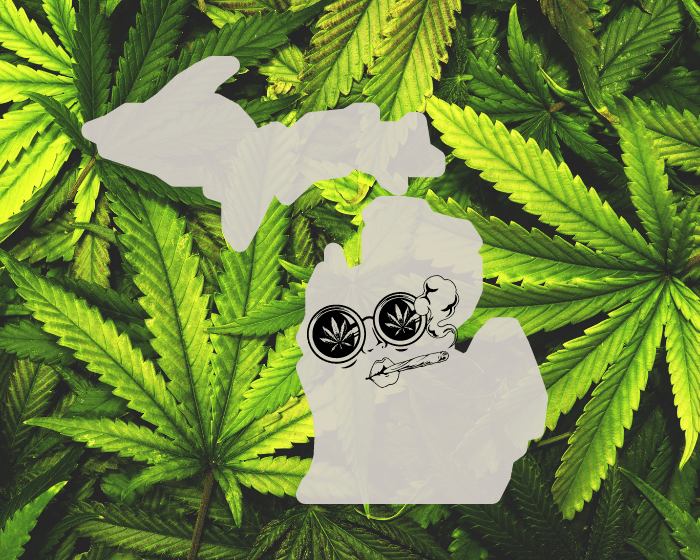
Alabama State Sen. Tim Melson wants to limit the sale of delta-8 THC products to ages 18 and up, reports Amy Yurkanin for Advance Local Alabama.
Melson is known for sponsoring the bill that made medical cannabis legal in the state last year. But he doesn’t think THC products should be sold at convenience stores and gas stations.
“It is everywhere,” Melson told Yurkanin.
What's delta-8?
Until recently, when people talked about THC they were generally referring to delta-9 THC, the main psychotropic molecule in cannabis. Delta-8’s chemical makeup is similar to that of delta-9, owing to a slight difference in the location of a double bond of a carbon atom. And users report similar, though milder effects from using delta-8. But because the 2018 Farm Bill specifically prohibited delta-9, delta-8 and other THC isomers aren’t currently controlled substances — at least at the federal level.
Is it natural? While delta-8 THC can be found in cannabis in small amounts, the delta-8 found on the market today is first extracted from hemp as CBD, then converted in a lab to delta-8.
Delta-8 in Alabama
Sen. Melson initially proposed legislation, SB-144, that would have banned delta-8 THC in Alabama completely.
Hemp farmers pushed back, apparently under the impression that they would no longer be able to grow hemp. It’s unclear whether those farmers understand that delta-8 is not directly extracted from the plant.
"If you prohibit delta-8, it would in fact prohibit every single plant in the state of Alabama," one farmer told WAAY Channel 31.
Reportedly, after hearing from farmers Melson said he would scrap SB-144 and draft a bill restricting sales to adults 18 and older. The senator said his top priority is making sure delta-8 doesn’t get into the hands of kids.
Members of the state Senate and House tried to ban THC isomers last year by amending related bills. In both cases the amendments were removed from the legislation, according to the Alabama Political Reporter.
Delta-8 By State
Several states have banned delta-8 THC while others have chosen to regulate the substance. In many states, it remains largely unregulated. Here’s what we know as of today. Keep in mind that the legal landscape is rapidly shifting on this issue. States listed as unregulated could move to institute regulations or a ban at any time.
Unregulated (legal with no apparent restrictions): Alabama, Florida, Georgia, Hawaii, Illinois, Indiana, Maine, Maryland, Massachusetts, Minnesota, Missouri, Nebraska, New Hampshire, New Jersey, New Mexico, North Carolina, Ohio, Oklahoma, Pennsylvania, South Dakota, Tennessee, Texas, Virginia, West Virginia, Wisconsin, Wyoming, and in Washington D.C.
Regulated (legal with rules in place): Connecticut, Louisiana, Michigan, Oregon.
Unclear: Arizona, Mississippi, Kansas, Kentucky, South Carolina
Illegal: Alaska, Arkansas, California, Colorado, Delaware, Idaho, Iowa, Montana, New York, Nevada, North Dakota, Rhode Island, Vermont, Utah, and Washington.
States to Watch for Bans: Minnesota, Texas
States to Watch for Regulations: Alabama, Ohio, Tennessee, Missouri, Florida
Federal Ban Proposed
A bill introduced to Congress Feb. 8 revises language from the 2018 Farm Bill that limited delta-9 THC specifically. If passed, it could end legal sales of delta-8 gummies, vapes, and other hemp-derived THC products across the nation.







































